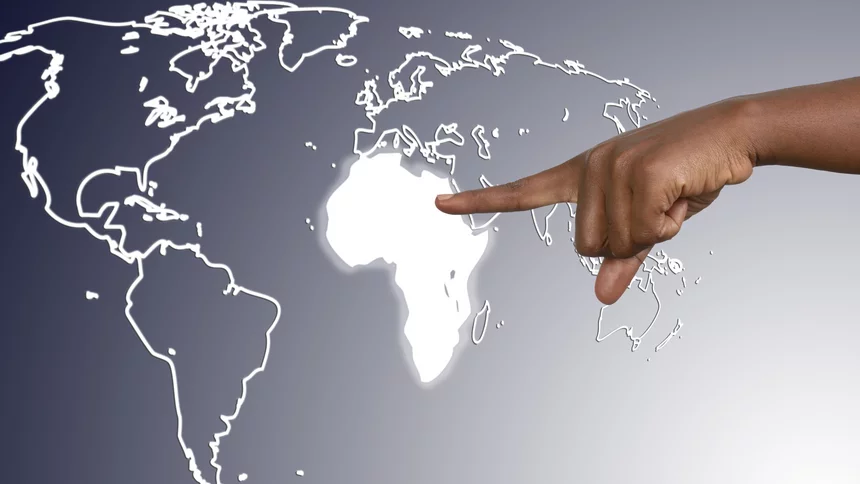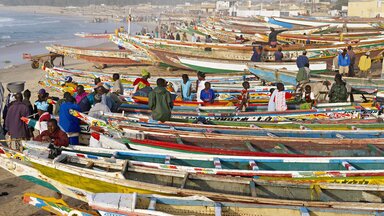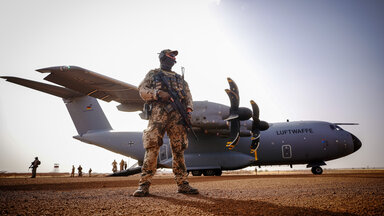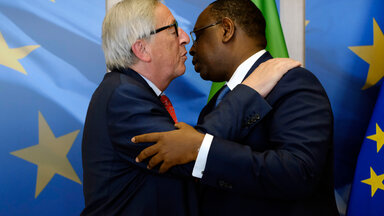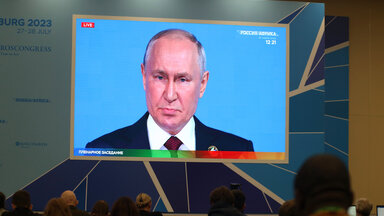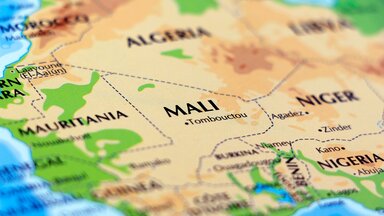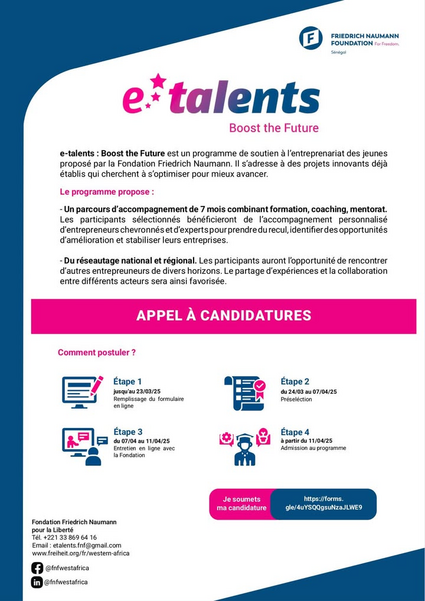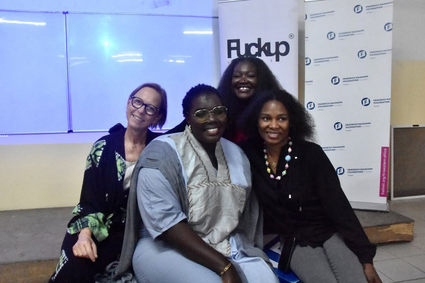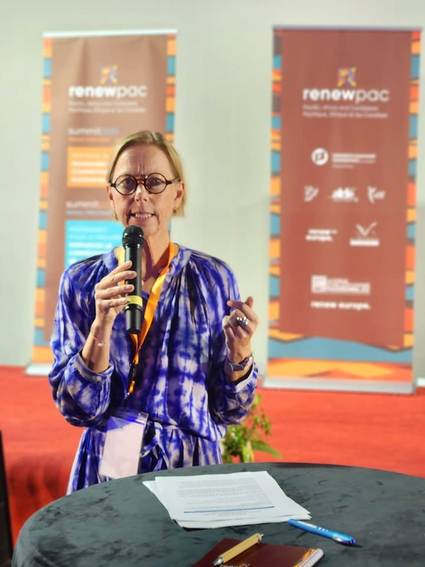Dakar (Western Africa)
The Foundation for Freedom has had a presence in Dakar, Senegal since 1980. From here it manages most of the West- African Subregion. Senegal has experienced several peaceful transitions of power since achieving independence in 1960. It is considered the most stable country in West Africa. The Foundation focuses its work in Senegal and in the region on the rule of law, the market economy and respect for human rights. It supports liberal political partners and selected future political leaders. It actively identifies and promotes organisations and individuals willing to take responsibility and contribute to development.
News
-
15 years of liberal human rights work in West Africa
The right of every human being to dignity, freedom and equality is paramount in the German Basic Law (Grundgesetz) and the Universal Declaration of Human Rights. It forms the cornerstone of German commitment abroad and the work of German political foundations worldwide. In cooperation with civil society, legal institutions and human rights activists, measures are offered to raise awareness, educate, train and empower, focussing on universal human rights and the fight for their observance.
-
Cooperation, but not at any price
Berlin and West Africa are engaged in lively diplomatic exchanges. German Foreign Minister Annalena Baerbock is traveling to Senegal and Côte d'Ivoire, while the German Minister for Economic Cooperation and Development, Svenja Schulze, will host 18 Sahel Alliance members in Berlin. Germany is extending diplomatic efforts while withdrawing militarily; last week, Defense Minister Boris Pistorius announced the unexpected withdrawal of the remaining German troop contingent from Niger.
-
ECOWAS, AES and the German troop withdrawal
Temperatures are rising in the Sahel. The climatic temperatures anyway, which have been causing unbearable heat and countless deaths for months. And there is a heated atmosphere between the countries in the Sahel region. The military coups of the last four years in six West African countries have led internally to divided societies, regionally to changed alliance constellations and internationally to a turning away from the West, especially France, and an increased dependence on "new" partners such as Russia, China and others.
-
Westafrica and the EU elections
As the fog lifts after the European Union elections, the echo of uncertainty is quietly echoing beyond Europe's borders to the coasts of West Africa. From Dakar to Abidjan, the EU elections and their results have had little to no impact on the general population. What would have been the talk of the town 10 years ago - the huge gains made by right-wing forces and the resulting government crises in France, for example - seems secondary. At most, in informed circles, one senses a sense of uncertainty, mixed with admiration for the ideals that the European Union has long embodied.
-
Russian advance in Africa?
Niger, Mali, and Burkina Faso want to leave the Economic Community of West African States (ECOWAS). The West African economic community has "deviated from the ideals of its founding fathers and the spirit of Pan-Africanism," according to a joint statement from the three states governed by military juntas. Alexandra Heldt, Project Director for the Friedrich Naumann Foundation for Freedom in West Africa, explains what the withdrawal means for the region and for Europe.
-
Mali – what now? Impressions and Estimation
A trip to the legendary country of Mali is causing frowns and worried looks. As the first of the coup-belt countries Mali has a bad reputation to defend and Western countries have difficulties in positioning themselves vis-à-vis this country ruled by a military junta. The withdrawal of the Western military presence (MINUSMA and French troops, followed more recently by German troops) from the country briefly led to plans in Berlin to replace Mali
-
Storm in the Sahel: geopolitical tensions, ECOWAS in crisis and the German troop withdrawal
The sudden withdrawal of German soldiers from Niger marks a phase of uncertainty and change in West Africa. While geopolitical alliances are being reorganised, questions are being asked about the future of ECOWAS and the long-term stability of the region.
